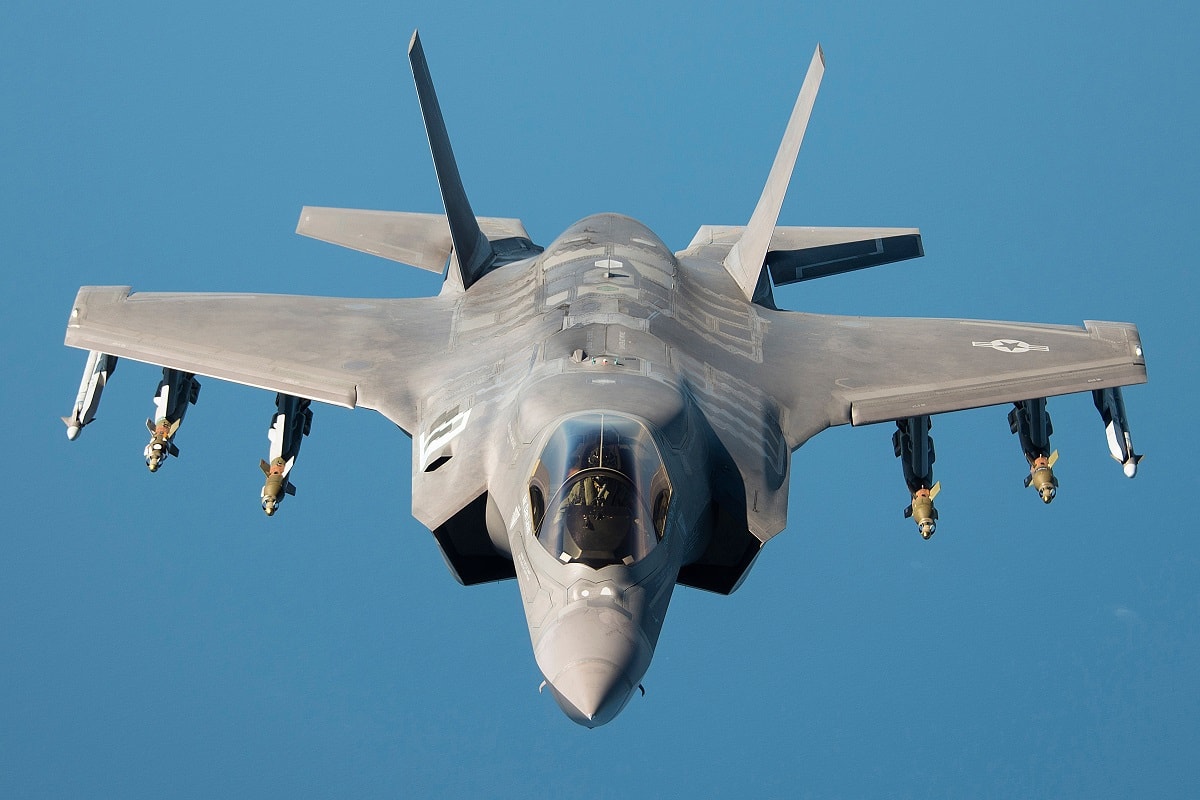Some opine that Chinese Communist Party general secretary Xi Jinping bears a striking resemblance to Winnie the Pooh. Nah. He’s Scut Farkus, the bully from the 1983 comedy classic A Christmas Story. Scut was a ruffian with “yellow eyes! so help me God, yellow eyes!” (see the video below) according to narrator Ralphie Parker, a schoolboy in Gary, Indiana, in the early 1950s. Along with his “crummy little toady” Grover Dill, who had “green teeth,” Scut terrorized Ralphie and his mild-mannered circle of chums for the glee of it.
Bigger, stronger, and meaner, Scut keeps Ralphie & Co. from banding together in an effective opposing alliance. Rather than join together and use superior numbers to fight back, the smaller kids typically either run away, or leave whoever falls into the bully’s clutches to his fate. That usually means getting his arm twisted behind him or otherwise demeaned till he says Uncle.
In other words, the weak submit to the law of the schoolyard: might makes right. This is a law that appeals to the strong and lawless.
Life imitates pop culture. Xi gave a real stemwinder of a speech on July 1 to commemorate the centennial of the Party’s founding. Proclaimed the general secretary: “We have never bullied, oppressed, or subjugated the people of any other country, and we never will. By the same token, we will never allow any foreign force to bully, oppress, or subjugate us. Anyone who would attempt to do so will find themselves on a collision course with a great wall of steel forged by over 1.4 billion Chinese people.” (An alternative translation had him vow that foreign antagonists’ “heads” would be “bashed bloody against a Great Wall of steel” should they balk Beijing’s will.)
For good measure Xi restated his “unshakable commitment” to gaining control of Taiwan and pledged to take “resolute action to utterly defeat any attempt toward ‘Taiwan independence.’”
Somewhere Scut Farkus is grinning with malice. Think about the alliance dynamics in A Christmas Story and contemporary East Asia. Scut and his sidekick Grover are what international-relations specialists call a hegemonic alliance—a league in which one ally predominates over the others in terms of physical power and sets the agenda for the league’s endeavors. Scut Farkus has Grover Dill. Xi Jinping’s roster of confederates includes Vladimir Putin and Kim Jong-Un.
By contrast, Ralphie and his buddies constitute an alliance of equals, and an acutely fissile one at that. No one dominates. Absent strong leadership, they shrink from Scut’s antics and abandon one another when the going gets tough.
This is an approach that must warm the heart of Xi Jinping as he surveys China’s geopolitical environs, where U.S.-led alliances represent the chief impediment to Beijing’s goals. After all, the “Hegemonic King” is a mythical figure emblazoned on China’s way of diplomacy and war. For the ancient Chinese general Sun Tzu, the Hegemonic King makes himself so musclebound that antagonists fear joining forces to oppose him. This archetype of a warrior-sovereign breaks hostile alliances by dint of crushingly superior power and takes whatever he wants to make his own.
Prospective allies despair of a losing cause. So it was in Indiana during the 1950s, so it is in the Western Pacific in 2021. Or so Xi hopes.
But sometimes an international fellowship does summon the solidarity to defy a hegemon by force. Prussian soldier-theorist Carl von Clausewitz dwells on this aspect of alliance relations. He observes that commitment to the common cause may falter because of dissension or differing priorities separating the allies. He saw it firsthand. Clausewitz served in armies that battled Napoleon, nineteenth-century Europe’s Hegemonic King. After witnessing several coalitions dash themselves against the little emperor’s hosts, Clausewitz concluded acerbically that one ally may join another’s cause, but it will never take that cause as seriously as its own interests. It will commit a middling-sized contingent to the enterprise and look for the exit when things go badly.
It seems disparities in power and conviction work on behalf of a Scut Farkus or Xi Jinping looking to divide his foes and dishearten or defeat them individually.
With regard to Taiwan, Xi can try to cow the islanders into submission by brandishing China’s crushingly superior demographics, economic prowess, and martial might. It can assure outsiders inclined to defend the island that intervention would be hopeless or would cost more than they cared to pay for Taiwanese independence. Hence Xi’s talk about a steel Great Wall manifests in an increasingly formidable People’s Liberation Army.
Yet there is upbeat news for America and its allies out of A Christmas Story—and it might apply an antidote for Chinese hubris. Scut Farkus doesn’t end up prevailing over Ralphie and his pals. Not because they gang up on Scut and Grover, fighting jointly, but because Ralphie flies into a rage and pummels Scut to a pulp—demolishing the bully’s reputation as a pugilist and his braggadocio at a stroke. Similarly, Clausewitz notes that it is possible to break a hostile alliance in wartime by landing a heavy blow against the major ally’s forces.
There are no sure things in diplomacy and warfare, the law of the playground may not prevail, and antagonists may surprise you. Those are some lessons Xi Jinping could learn from Hollywood—if he has the prudence.
A 1945 Contributing Editor, James R. Holmes is J. C. Wylie Chair of Maritime Strategy at the Naval War College. The views voiced here are his alone.

